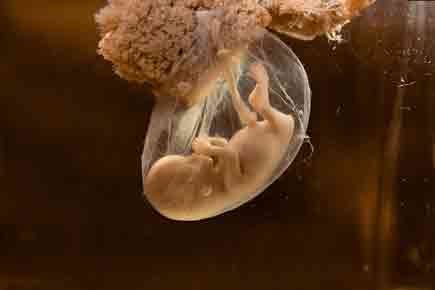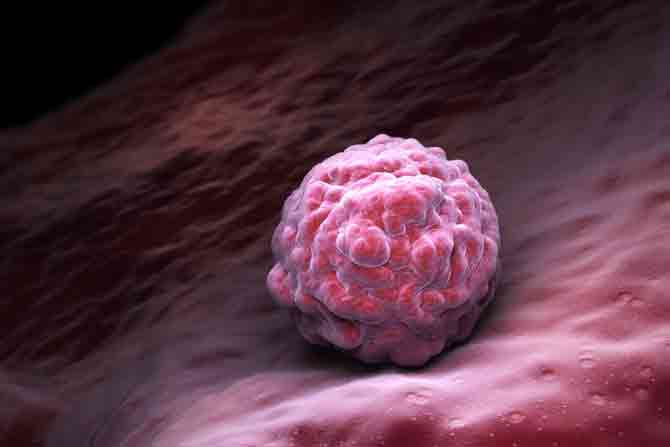Researchers have identified a drug that extends egg viability in worms, even when taken midway through the fertile window, which could potentially extend a woman's fertility by three to six years


ADVERTISEMENT
Researchers have identified a drug that extends egg viability in worms, even when taken midway through the fertile window, which could potentially extend a woman's fertility by three to six years.
"One of the most important characteristics of ageing is the loss of reproductive ability in mid-adulthood," said Coleen Murphy, Professor at the Princeton University in the US.
"As early as the mid-30s, women start to experience declines in fertility, increased rates of miscarriage and maternal age-related birth defects. All of these problems are thought to be caused by declining egg quality, rather than a lack of eggs," Murphy added.
The team used a microscopic worm, Caenorhabditis elegans (C.elegans), as they share many of the genes as humans, including longevity genes.
They found that a group of proteins called Cathepsin B proteases "downregulate", or lead to lower-quality oocytes (unfertilised eggs), as one ages.
In the study, published in the journal Current Biology, when the team administered the Cathepsin B inhibitor halfway through the worms' reproductive period, they found that even a late administration of the drug could extend the worms' egg quality.
Another experiment that knocked out the cathepsin B genes entirely succeeded in extending worms' fertility by about 10 per cent.
If applied to humans, Nicole Templeman from the varsity said, "It could be a three- to six-year extension of your reproductive period".
Reproductive decline is a hallmark of ageing, but despite its prevalence, interventions to slow the loss of reproductive capacity are lacking, researchers said.
However, the cathepsin B inhibitor is nowhere near ready for testing in humans, Murphy said, yet it could one day do something mid-reproduction to improve the rest of reproduction.
 Subscribe today by clicking the link and stay updated with the latest news!" Click here!
Subscribe today by clicking the link and stay updated with the latest news!" Click here!






